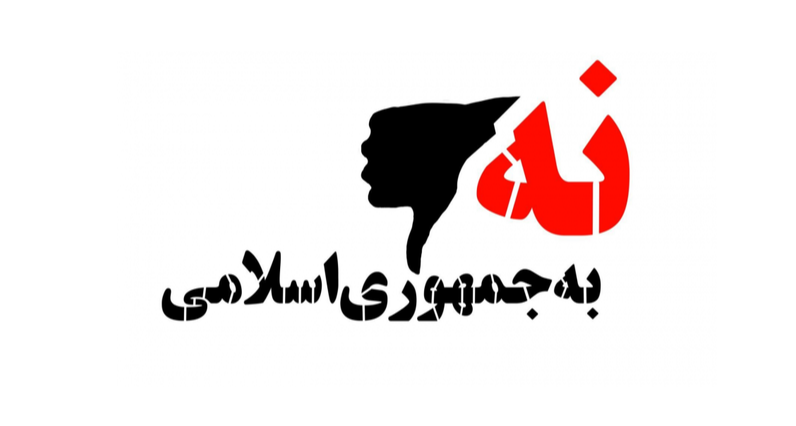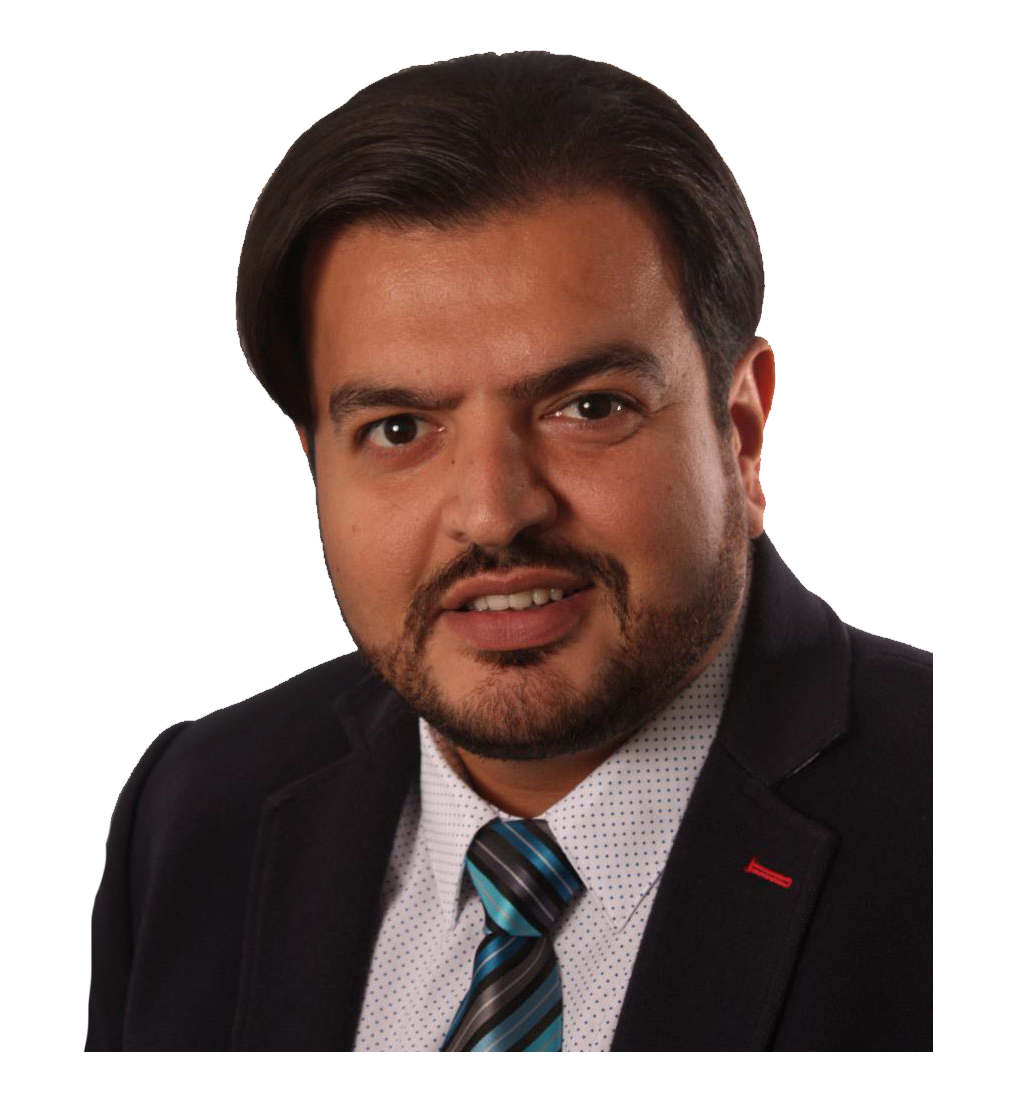Boycotting Elections in the Islamic Republic

In the campaign that has emerged, both within Iran and abroad, an unprecedented unity resonates in the phrase, "No to the Islamic Republic," a sentiment that is indeed commendable. The stench of corruption, oppression, incompetence, greed, impudence, dictatorship, and the pillaging of national resources by the Islamic Republic’s leaders has long reached every corner of the world. This ruthless tyranny over every Iranian, young or old, is evident to all. Yet misguided beliefs and the manipulation of religion in governance have consistently led Iranians in each protest cycle to divide into four groups: protestors, suppressors, the indifferent, and opportunists. History has shown that religious governments bear nothing but dictatorship and deception, achieved by exploiting religious sentiments and beliefs. Why should a compatriot who shares the same language and homeland spill the blood of his brother or sister to defend religion or the ruling clerics? Is it not because religious manipulation has legitimized such anti-human behavior by the governing authorities and religious leaders?
Categories of Protestors
This category is further divided into two main branches: those within the country and those abroad.
Domestic Protestors:The first group is the fearless protestors on the streets of Iran’s cities, openly expressing their discontent with the social abnormalities and injustices that have gripped the country.The second group includes critics, writers, intellectuals, and theorists who peacefully voice their dissent through enlightening articles and by promoting a culture of responsible, non-violent protest in the media and in society at large.The third group comprises impulsive protestors without a clear objective who often join the protests simply to vent their frustrations, frequently resorting to vandalism and profanity, which serves to damage the image of genuine protestors.The fourth group consists of protestors who, beyond their own presence at protests, aim to amplify the voices of dissent to reach others, including independent journalists or citizen reporters who cover and broadcast the events.Another group of protestors demonstrate their opposition in silence, often by boycotting elections or abstaining from events related to the issue they are protesting.The final category represents the unfortunate majority of Iranians who, despite harboring discontent, refrain from protest or boycott for fear of imprisonment, job loss, harm to family, social status, life, or children.
Foreign Protestors:The first group includes those who support domestic protests by providing news coverage, financial support, and gathering signatures or lobbying international legislative bodies to raise awareness of the protests globally, which plays a vital role in internationalizing the voice of dissent.The second group consists of individuals who demonstrate their solidarity with domestic protestors through organized symbolic gatherings, conferences, or public events with media presence, all conducted peacefully and without disturbance.The third group includes those who, in foreign countries, express their dissent by boycotting and refraining from supporting election campaigns or activities related to the regime.The final category includes opportunists who masquerade as protestors but incite disorder by resorting to abuse, vandalism, and violence, often at diplomatic sites, resulting in police intervention and dispersal. This group is particularly dangerous to any protest movement and, unfortunately, is often overlooked despite their significant disruptive potential if left unchecked.
Categories of Suppressors
This group includes individuals affiliated with or benefiting from the Islamic Republic's power structure in the Middle East, such as the IRGC, Basij forces, plainclothes agents, intelligence operatives, "defenders of the shrine," regime loyalists, special police units, Hezbollah supporters, and other pro-regime states. These groups hesitate at nothing to quell protests, including killing, abducting, and suppressing protestors.
Categories of the Indifferent
From my perspective as the author, the indifferent fall into two categories: the wealthy and the devout.
The Wealthy: This group feels no obligation to join the protestors, believing that the outcome of such protests will make no difference to their lives. Their primary concern is individual wealth accumulation, and it is unsurprising that they remain apathetic to the economic or social hardships faced by the poorer classes.
The Devout: This group sees the Islamic government and its leadership as divinely justified, perceiving any criticism of the government or its leadership as blasphemy. They view themselves as submissive to the leader’s divine authority, regarding societal challenges and injustices as "divine wisdom" or matters of fate and attributing these problems to Western powers.
Categories of Opportunists
This category is split into two subcategories: economic and political opportunists.
Economic Opportunists: These individuals benefit from agitating peaceful protests into violent demonstrations, taking advantage of the resulting chaos, such as by profiting in the black-market currency trade or arms dealing. These opportunists manipulate the protest to suit their own financial interests.
Political Opportunists: This subgroup comprises a small faction of individuals, parties, or organizations and opposition groups who use the protests to promote their beliefs and agenda under the guise of solidarity. They often use emotional manipulation and even align themselves with destructive or violent acts to gain visibility. These groups typically clash with other opposition groups and refugees, labeling any opposing viewpoints as "agents of the Islamic Republic." Fortunately, their numbers are small, and they are widely recognized and disdained across Iranian society.
Regime Agents: This subset consists of government operatives who encourage voter participation under the pretense of supporting "reform," either by motivating government employees to cast blank ballots or by persuading others to vote despite disillusionment. Bear in mind that dealing with a deceitful regime requires vigilance; even casting a blank or nullified vote contributes to the turnout numbers, as has been apparent for years. Participation, even symbolically, in such elections inadvertently supports the survival of the Islamic Republic and its dictatorship.
Conclusion
Iranians have already experienced the pain of revolution resulting from a mistaken choice or, perhaps, the imposition of no choice. Over the past forty-three years, they have learned firsthand through the bloodshed of street protests, and now, no mother can bear to lose her child again, nor does the nation have the strength to endure further baton blows. In a dictatorial, repressive society like the Islamic Republic, there is no room for peaceful protests in the streets, and urging people to risk their lives in street protests is reckless and dangerous, as history has shown. In modern societies, silent protests and boycotts have become viable alternatives to street demonstrations. So, why not take inspiration from this approach and show our opposition to the Islamic Republic’s incompetence and governance by collectively boycotting the elections?
Instead of filling the streets and risking our lives at the hands of conscience-lacking enforcers, it is time to consider alternative tactics. If workers, teachers, and students join the people in a unified election boycott, it will undoubtedly call into question the very legitimacy of the Islamic Republic's regime. As expatriate protestors, we can participate in the resistance by saying “No to the Islamic Republic” and raising awareness within our circles. Through election boycotts, we can amplify the protestors' message within Iran and bring it to the world’s attention.
Ultimately, no government, opposition group, or party can win favor or ensure its survival through bloodshed, character assassination, or destructive behavior. The time has come, in this era when the Islamic Republic's foundation has been weakened, for opposition groups to unite toward a shared goal. But we must remain vigilant, questioning who will lead after the Islamic Republic: Will it be a democratic republic comprising all parties and opposition groups, committed to secular governance and democracy, or something else entirely?
Sometimes, in barren lands, flowers bloom that are found nowhere else. In these desolate landscapes, unique awareness and profound inner experiences may emerge, leading us to new insights about our capabilities. By boycotting the election, we challenge the foundation of the Islamic Republic's dictatorial regime.
Written on June 4, 2021
Ehsan Tariدia – Luxembourg
